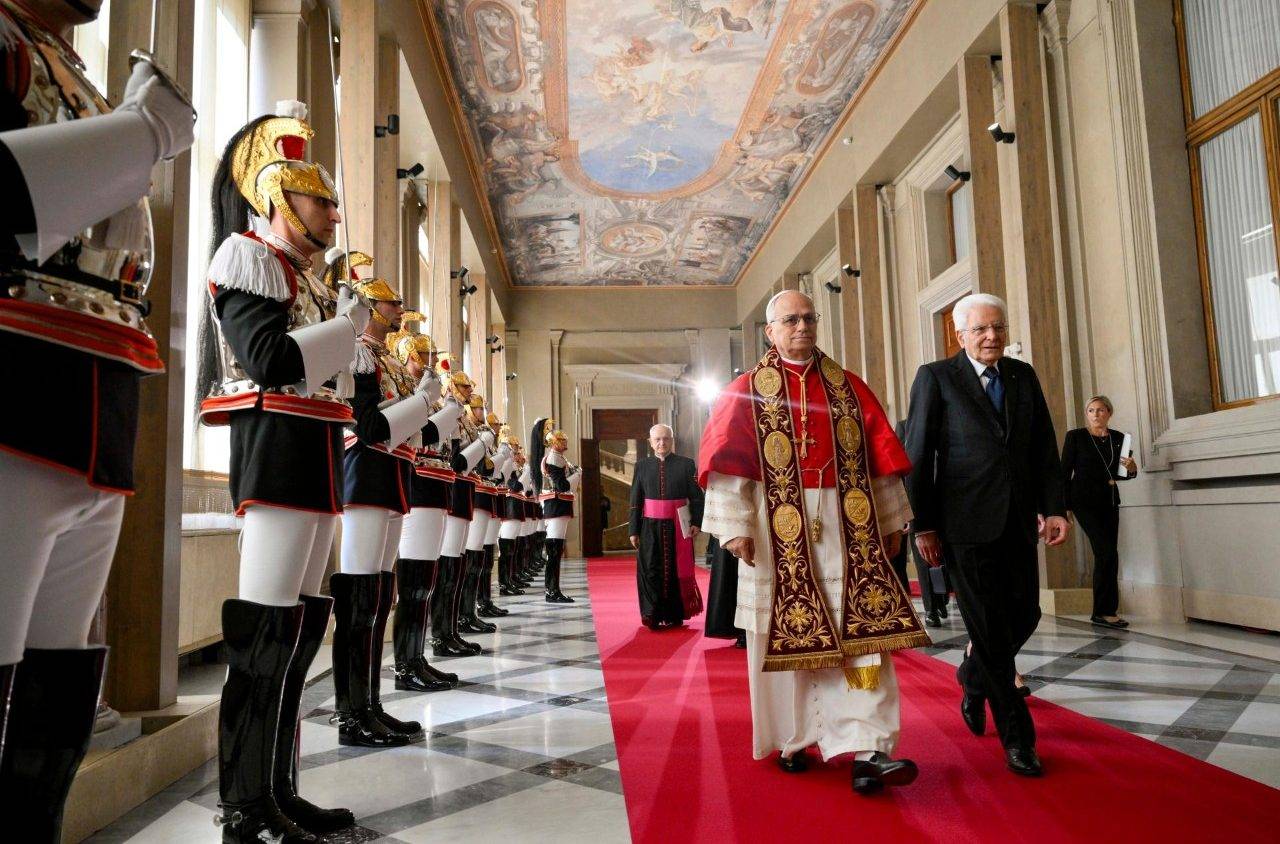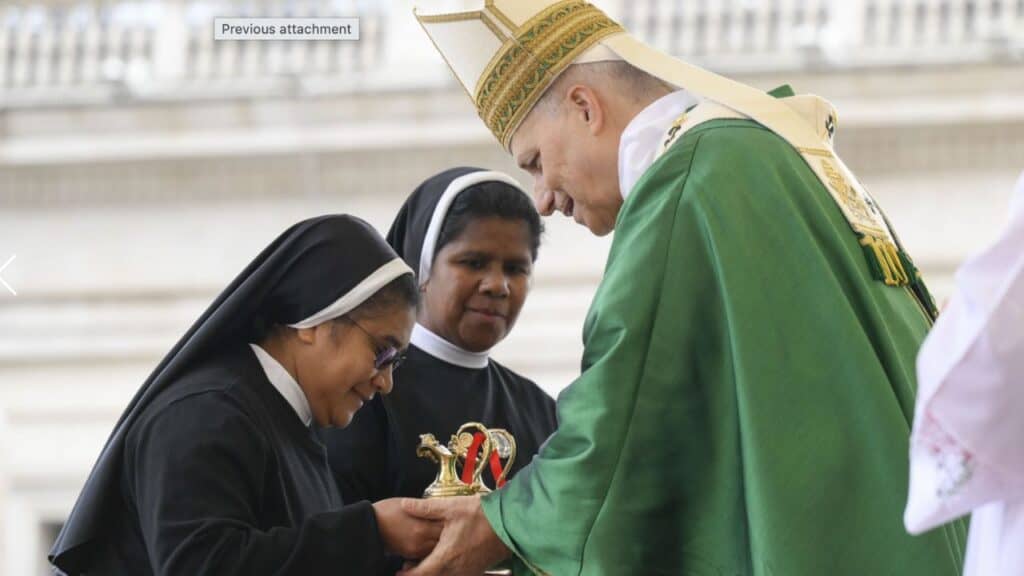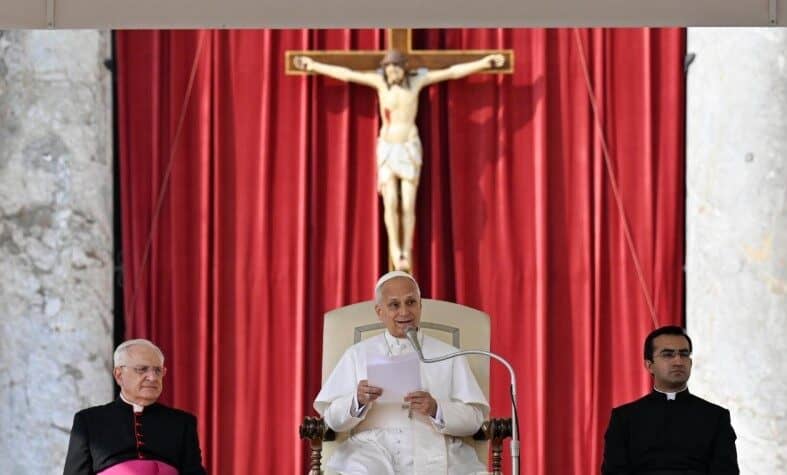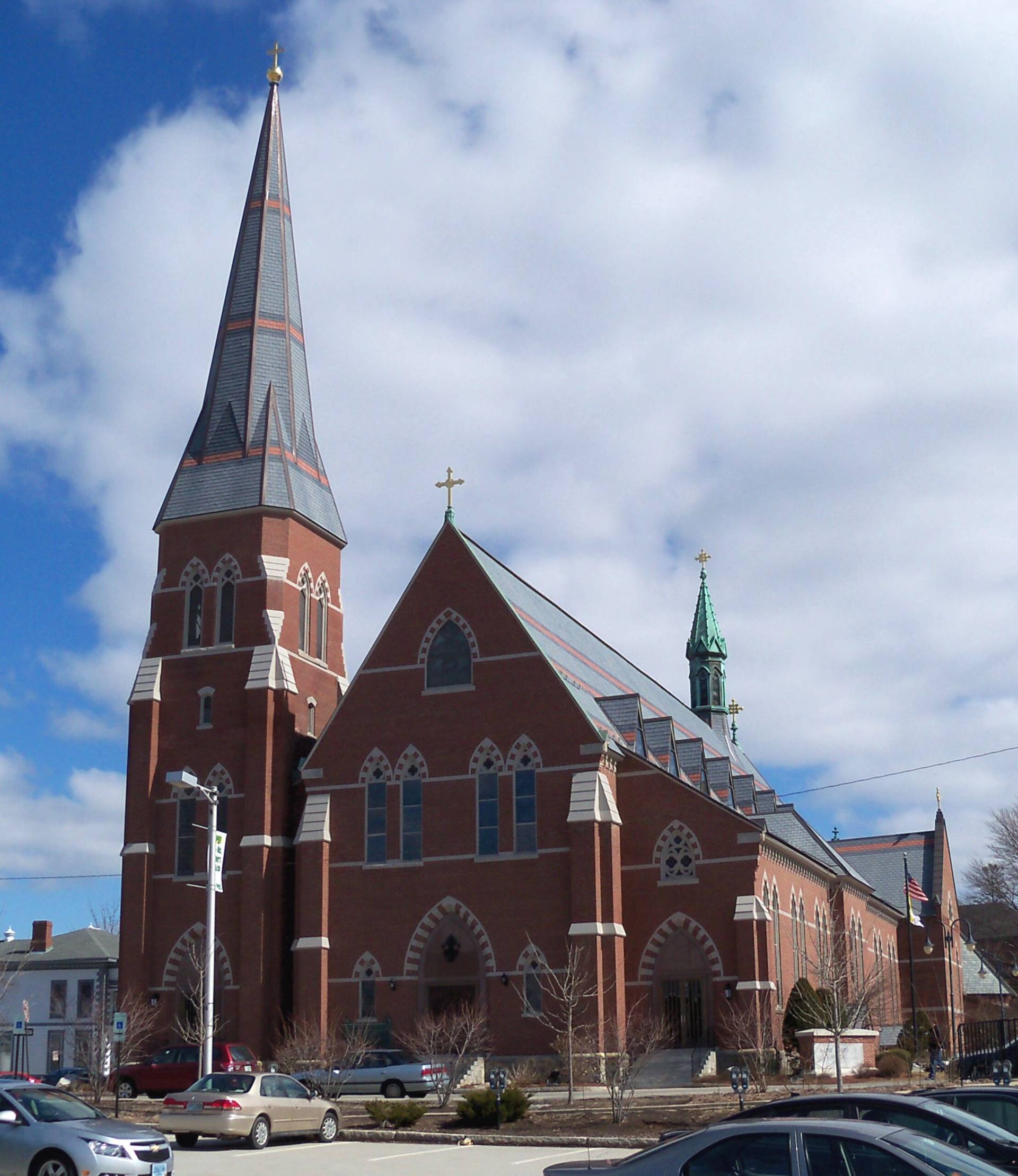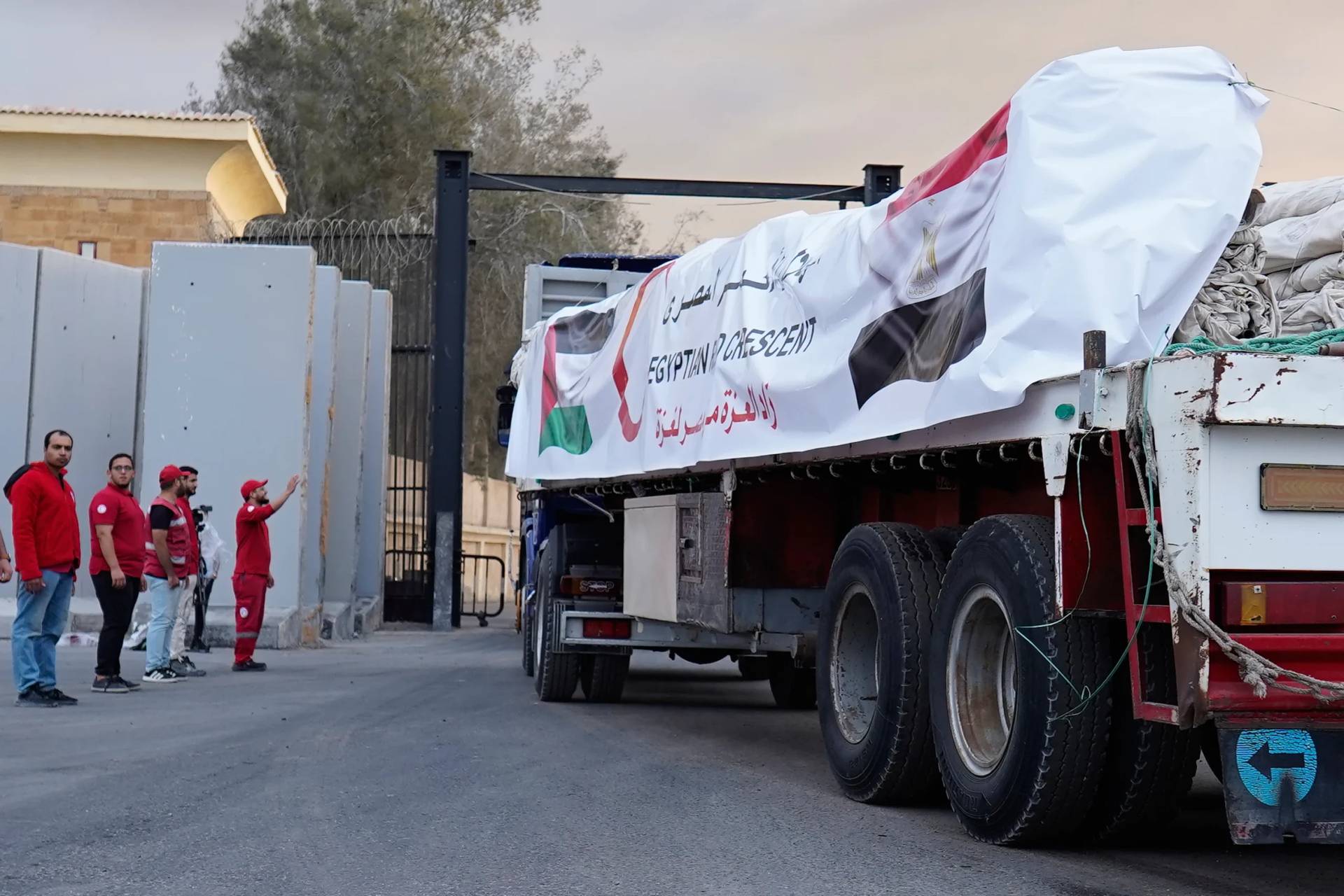ROME – From the beginning, there’s been a sense that beneath the frenzy of Francis’s papacy, beyond the avalanche of words, gestures and decisions he’s delivered over five years, this pope is after something more fundamental. Perhaps the best phrase we have for it comes from his 2013 document Evangelii Gaudium, where Francis calls for a “pastoral and missionary conversion” of the Church.
On Thursday, in his annual message to priests around the world during the traditional Chrism Mass, Francis came as close to spelling out what that conversion means as he has in some time – in essence, he suggested, it implies a shift from seeing “the truth” as something abstract and rigid, to understanding it as something always enfleshed in real, specific, and endlessly complex individual people.
“We must be careful not to fall into the temptation of making idols of certain abstract truths,” the pontiff said, speaking at the Mass which celebrates the institution of the priesthood. It’s called the “chrism” Mass because oils to be used in sacraments throughout the year are blessed during the service.
In his homily, Francis extolled “street priests,” meaning those who make a point of staying close to their people, walking alongside them and always having a word for everyone. At one point, he jokingly observed that you can always tell a priest who’s not there for people because whenever someone addresses him, they begin by saying, “Father, I know you are very busy.”
A priest, Francis said, must be close to people as Jesus was, who “could have been a scribe or a doctor of the law, but he wanted to be an ‘evangelizer,’ a street preacher.”
“Here we see the pedagogy of the Incarnation,” the pope said, “a pedagogy of inculturation, not only in foreign cultures but also in our own parishes, in the new culture of young people…”
Closeness to people, Francis said, is “the key to mercy,” for “mercy would not be mercy unless, like a Good Samaritan, it finds ways to shorten distances.”
More than that, Pope Francis insisted, closeness is also the key to truth.
“Can distances really be shortened where truth is concerned?” Francis asked. “Yes, they can. Because truth is not only the definition of situations and things from a certain distance, by abstract and logical reasoning. It is more than that. Truth is also fidelity. It makes you name people with their real name, as the Lord names them, before categorizing them or defining ‘their situation’.”
In an extemporaneous flourish, Francis denounced what he called the “culture of the adjective,” meaning a facile way of labeling and classifying people without genuinely striving to understand them by getting close, calling that impulse “ugly.”
Although the pope did not spell out any specific doctrinal or disciplinary consequences, it was hard not to hear indirect echoes of some of the battles that have been waged during his papacy on Thursday, including tensions over his decision to open a cautious pathway to allowing divorced and civilly remarried Catholics to receive the Eucharist.
“Because the ‘truth-idol’ imitates, it dresses itself up in the words of the Gospel, but does not let those words touch the heart,” he said. “Much worse, it distances ordinary people from the healing closeness of the word and of the sacraments of Jesus.”
Francis went on to recommend three specific forms of closeness to priests: Closeness in spiritual conversation, in confession, and in preaching.
In terms of the sacrament of confession, Francis urged priests to adopt the attitude of Jesus when speaking to a woman caught in adultery, which he implied is a sort of case study in pastoral conversion.
“Looking the other in the eye, like the Lord, who, after kneeling next to the adulteress about to be stoned, stood up and said to her, ‘Nor do I condemn you.’ This is not to go against the law,” the pope said.
“We too can add, ‘Go and sin no more,’ not with the legalistic tone of truth as definition – the tone of those who feel that they have to determine the parameters of divine mercy,” Francis said. “On the contrary, those words need to be spoken with the tone of truth as fidelity, to enable the sinner to look ahead and not behind.”
The pope’s bottom line on Thursday appeared to be to offer a strong distinction between truth as an ideology, and truth understood as something discovered only in proximity to people, especially those who suffer.
“If you feel far from God, draw nearer to your people, who will heal you from the ideologies that cool your fervor,” he said.
Such closeness, the pope insisted, is not simply one aim to pursue among many others.
“In it, we either make Jesus present in the life of humanity or let him remain on the level of ideas, letters on a page, incarnate at most in some good habit gradually becoming routine,” he said.
The Chrism Mass opened a busy Triduum period for Francis. This afternoon, he’ll move from the Vatican to the nearby Regina Coeli prison to celebrate the Mass of the Lord’s Supper Thursday evening, where he’ll wash the feet of 12 inmates – all men, drawn from seven countries, and four non-Catholics (two Muslims, a Buddhist and an Orthodox Christian.)
The pontiff is also scheduled to visit sick prisoners in the infirmary, and then spend some time in one-on-one conversations with inmates.
On Good Friday, the pope will lead a service in the Vatican commemorating Christ’s passion, and travel across Rome to participate in the annual “Way of the Cross” procession in Rome’s Colosseum.
On Saturday, Francis will lead the Easter Vigil Mass at the Vatican, beginning at 8:30 p.m. Rome time. On Easter Sunday, he’ll celebrate Mass at 10:00 a.m. before delivering his customary Urbi at Orbi blessing, to the city and the world, at noon.








